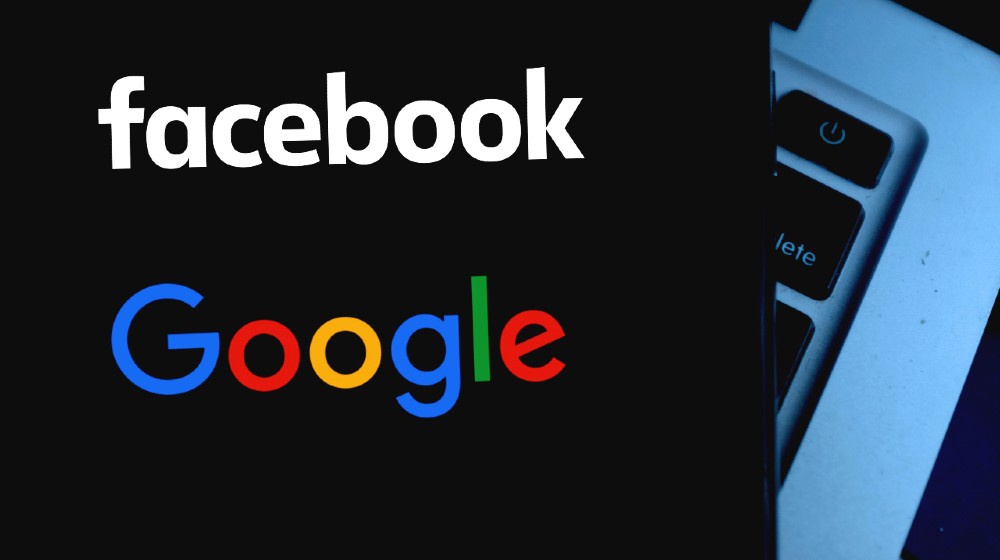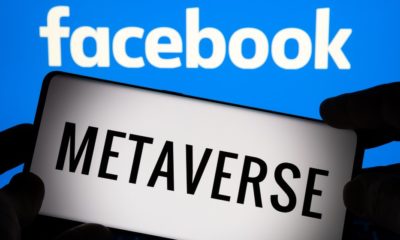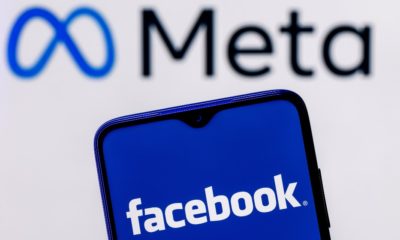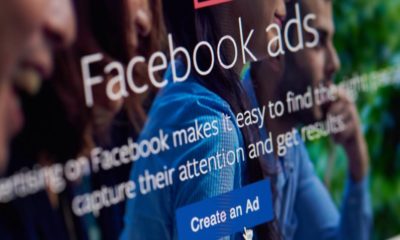News
Google and Facebook To Require Vaccines For Employees

Google and Facebook join a growing list of companies that require returning employees to show proof of vaccination. The companies, along with the ride-sharing app Lyft, announced their measures separately last Wednesday.
RELATED: Tech Firms in New Battle for Millennials
Google and Facebook Announce Vaccine Requirements
In a memo, Google CEO Sundar Pichai officially announced the company’s policy. “Anyone coming to work on our campuses will need to be vaccinated. We’re rolling this policy out in the U.S. in the coming weeks and will expand to other regions in the coming months,” he wrote. He added that “getting vaccinated is one of the most important ways to keep ourselves and our communities healthy in the months ahead.”
Meanwhile, Facebook made a similar announcement soon after Google made theirs through Lori Goler, Facebook's vice president of people. “As our offices reopen, we will be requiring anyone coming to work at any of our US campuses to be vaccinated. How we implement this policy will depend on local conditions and regulations.
We will have a process for those who cannot be vaccinated for medical or other reasons and will be evaluating our approach in other regions as the situation evolves. We continue to work with experts to ensure our return to office plans prioritize everyone's health and safety,” she announced.
Google’s Work From Home Policy Also Extended
Despite the vaccine requirements for Google employees, Pichai also said they will extend their work-from-home policy globally until October 18. Earlier, the tech giant planned to reopen its offices by mid-September.
However, the resurgence of the coronavirus made many businesses think twice about reopening too soon. As a precaution, Pichai said that if Google will need to change its plans again, it will notify employees at least 30 days before reopening the office doors.
Many Google employees lauded the company’s decision to delay reopening. They also liked that Google will require vaccinations for workers coming back to the office. “Definitely the right thing to do,” said an unnamed Google engineer. Other workers agreed as well.
They said that pushing the return date even further back would help them plan their lives in the coming months. Some will need to address questions such as child care and moving back to places near the office. “I think logistically for employees, it would have been easier to just push to January,” said another Google employee who wished anonymity. “I suspect they’ll end up doing that anyway.”
Vaccine Movement Going Stronger As New Cases Surge
Google and Facebook join a growing number of companies and public agencies that are cracking down on Americans who continue to refuse vaccinations. Even the White House is joining in on the act. Reportedly, President Joe Biden will make an announcement Thursday that all federal workers need to get vaccine shots. Otherwise, they will get subjected to frequent COVID-19 testing.
Meanwhile, the Department of Veterans Affairs became the first federal agency to require vaccination for employees. The agency set a deadline for employees to complete their vaccinations within eight weeks from now.
The move stemmed from four recent employee deaths. In addition, three of the VA casualties got the Delta variant. In addition, New York City also announced that they will require vaccinations for all city employees.
If employees refuse the vaccines, they will need to undergo frequent COVID testing to ensure they are not carrying the virus. California also announced a similar for all state workers. Recently, Governor Gavin Newsom tweeted: “We’re experiencing a pandemic of the unvaccinated. Everyone that can get vaccinated—should.”
Watch the NBC Bay Area video reporting that Silicon Valley tech companies are tightening their rules on COVID-19 vaccinations:
Do you agree with companies requiring vaccinations before being allowed to return to the office? Will this help prevent the spread of the virus? Will you comply with your employer if this policy becomes instituted in your workplace?
Let us know what you think. Share your comments below.















